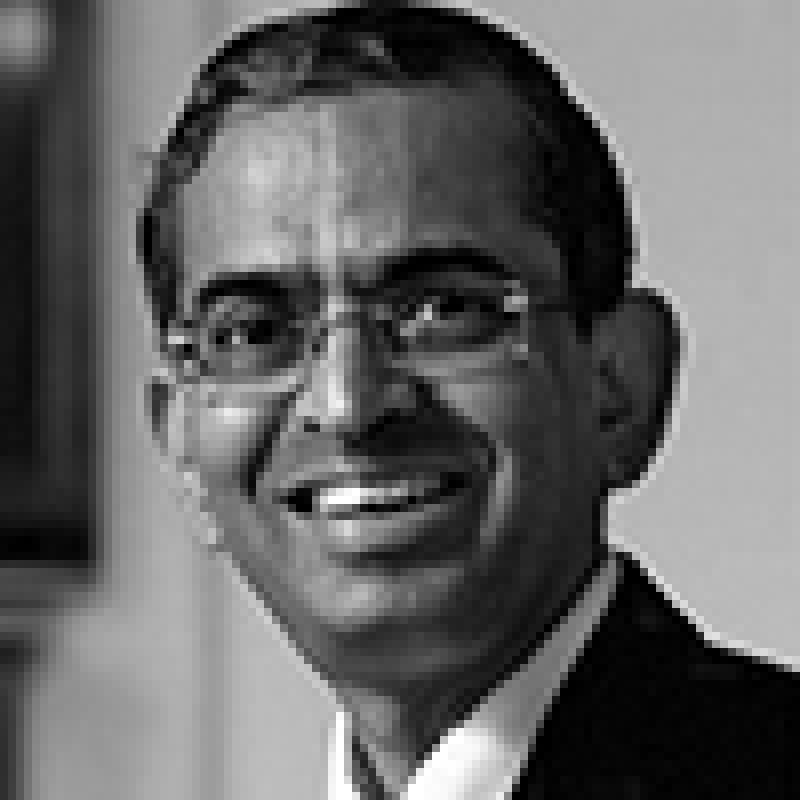In a judgment dated July 12 2018, the Delhi High Court has allowed a plea of patent infringement by Koninklijke Philips Electronics (Phillips), holding that two manufacturers/sellers of DVD video players were infringing Phillips' standard essential patent (SEP) (IN 184753). The main defendants were Rajesh Bansal and KK Bansal who were manufacturing the infringing DVD players under the brand Soyer through their proprietorships namely, Mangalam Technology and Bhagirathi Technology. Phillips' civil suits for infringement were first filed in 2009 and have now been decided by this judgment.
The patented invention, entitled Decoding Device for converting a Modulated Signal to a series of M-Bit Information Words, covered a channel decoding technology used for DVD video playback function in a DVD video player. The technology related to channel modulation technology which involved a coding step that is performed directly before the storage of the data in a DVD video player. This coding ensures that the data to be stored on the disk has a particularly suitable structure for storage. The decoding of 16-bit code words to 8-bit information words is performed by looking ahead to the next code words. Phillips informed the Court that its patent is an essential patent corresponding to its US and European equivalents which had been already declared as essential.
Phillips demonstrated with evidence that the defendants were engaged in manufacture and sale of DVD video players which essentially employ the patented decoding technology meant for decoding contents stored on optical storage media.
The Court relied mainly on the essentiality certificates of the corresponding United States and European patents of Phillips. The Court also recognised that DVD Forum Standard (formulated in 1996) was adopted by the independent standard setting body European Computer Manufacturers Association (ECMA) in April 2001 and was termed as ECMA Standard No. 267, 3rd Edition – April 2001 for 120 mm DVD – Read Only Disc. In 2002, this standard was also adopted by the International Standard Organization as ISO/IEC 16448:2002– Information Technology – 120 mm DVD – Read Only Disc. Since both the standards were present in the public domain and can be easily accessed, the Court considered the documents to be relevant evidence in support of the essentiality of the patent.
The Court found that a decoding device is an integral part of a DVD player and in the absence of a decoding device the information embedded by way of the codes cannot be read and transmitted/received. The Court was also convinced that the plaintiff had proved the presence of the patented technology in the defendants' products through its evidence and cross-examination of the defendants' witnesses.
The defendants asserted that there was no infringement by virtue of the doctrine of exhaustion because they obtained components covering the patented invention from legitimate sources. The Court found no convincing evidence concerning the legitimacy of the sources from which the defendants had purchased the parts of the DVD players.
The defendants also pleaded that they were not aware of the licensing programmes of the plaintiff. The Court held that ignorance of the licensing programme is irrelevant and the defendants were legally bound to take a licence from the plaintiff.
The defendants also pleaded abuse of dominance under competition law. The Court rejected the argument because of the judgment in Telefonaktiebolaget LM Ericsson (PUBL) v Competition Commission of India and Ors., where the court held that abuse of dominance determination is not the domain of a civil court but the Competition Commission.
The Court relied on American judgments to observe that generally, an entity that procures the licence of an essential patent is required to pay royalty as per FRAND (fair, reasonable and non-discriminatory) terms and the demand from Phillips in the present case was on such terms only. Such demands were not sufficiently disputed by the defendants.
Thus, the Court held the defendants liable to pay royalty to the plaintiff at $3.175 (per product sale) from the date of institution of the suits until mid-2010 and after that at $1.90 (per product sale) until patent expiry in 2015 with interest at 10% per annum. No injunction was granted since the patent expired on February 2 2015.
The Court also found that Rajesh Bansal was an ex-employee of the plaintiff and being aware of the patent rights, was knowingly infringing them. Thus, the Court awarded punitive damages of INR 500,000 ($7,155) to the plaintiff. A local commissioner was appointed to determine the number of video players manufactured or sold by the defendants during the relevant period to calculate the amount of damages payable. The Court also awarded actual costs of litigation to Phillips.
While this judgment on standard essential patents is one of the first such decisions after a complete trial, the evidence regarding the essentiality of the patents and the royalty rates were largely undisputed. Thus, the questions of adequacy of the royalty rates from a FRAND angle and the requirement of essentiality were effectively non-issues. In any case, the judgment shows a strong inclination on the part of Indian courts to enforce patent rights against infringers.

|
R Parthasarathy |
Lakshmi Kumaran & SridharanB6/10 Safdarjung EnclaveNew Delhi 110029, IndiaTel: +91 11 41299800Fax: +91 11 41299899vlakshmi@lakshmisri.comwww.lslaw.in










